Jakarta, MINA — The Indonesian Ulema Council (MUI) will reaffirm its call to boycott Israeli and Israel-affiliated products during its 11th National Congress (Munas XI), set to take place on 20–23 November 2025.
Steering Committee Chair KH Masduki Baidlowi said the renewed emphasis is a direct follow-up to MUI’s existing fatwa urging Indonesian Muslims to avoid products linked to Israel.
“Boycott initiatives have been running, but when certain products gain renewed exposure through promotions, the public tends to forget. That is why the recommendation team is highlighting this issue,” Masduki said at a press conference in Central Jakarta on Tuesday.
Masduki, who also heads MUI’s Information and Communications Bureau, said the boycott campaign will be supported by efforts to build an alternative economic ecosystem by strengthening local micro, small, and medium enterprises (MSMEs), ideally with government backing.
Also Read: Indonesia’s Hajj Ministry Engages Local MSMEs to Strengthen Catering for 2026 Pilgrims
He noted that this approach aligns with past government programs encouraging Indonesians to prioritize domestically made products. MUI plans to coordinate with MSME associations, HIPMI, and the Indonesian Chamber of Commerce and Industry (Kadin) to reinforce the ecosystem supporting local businesses.
Masduki stressed that the boycott should not be a momentary response but a sustained effort “until Palestine achieves full independence.”
He added that MUI will discuss strategies at the congress to establish the boycott as a long-term culture and lifestyle among Indonesian Muslims, an approach he believes could further boost local industry.
Echoing this position, KH Cholil Nafis, Chair of the Special Commission (Komisi E) of Munas XI, said the boycott must continue until Palestine gains genuine sovereignty. He emphasized that the current ceasefire does not equate to peace or recovery for Palestinians.
Also Read: Indonesia Denies Being Destination for Forced Relocation of Gaza Residents
He cited ongoing killings, land seizures, and humanitarian violations in Gaza, though at a lower intensity compared to the period before the ceasefire.
“We remain committed to advocating for Palestine because it has yet to attain true independence. For instance, visitors to Jerusalem must obtain entry permits from Israel, not Palestine,” he said.[]
Mi’raj News Agency (MINA)
Also Read: Indonesian Humanitarian Alliance Urges President Prabowo to Take Role in Sudan Crisis





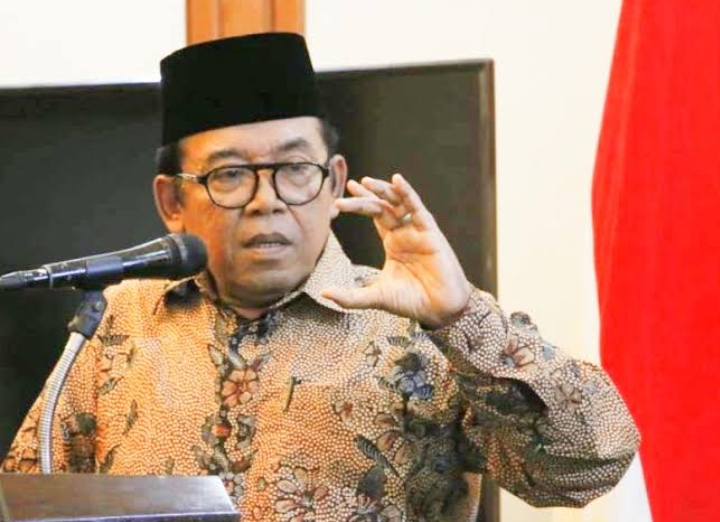

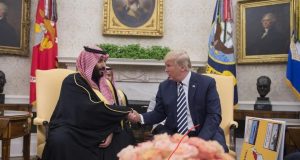

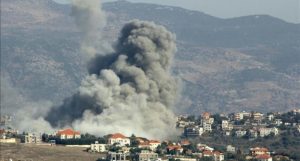

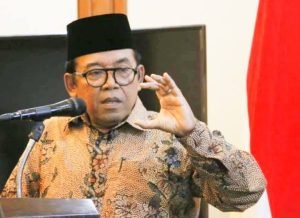


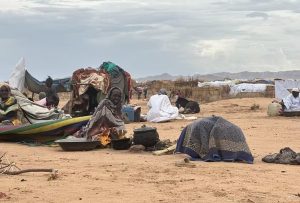

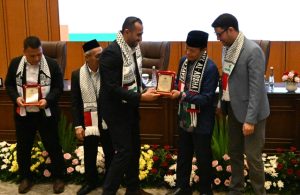
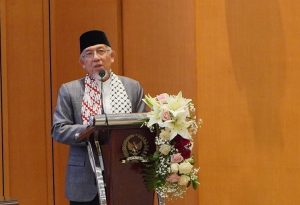

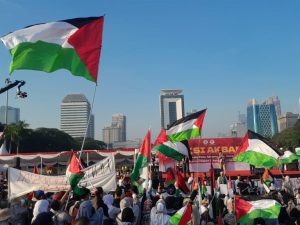










 Mina Indonesia
Mina Indonesia Mina Arabic
Mina Arabic